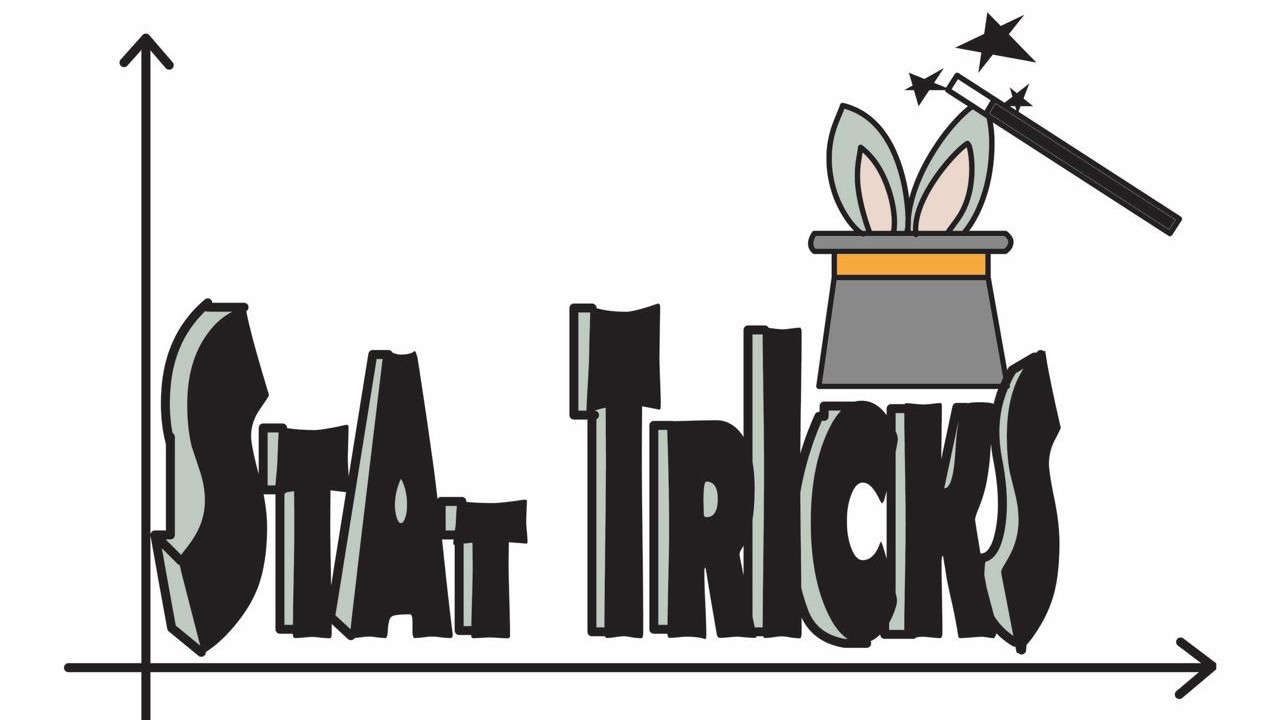Il est généralement admis que, pour citer le pédagogue Peter Hyman, « le but de l'école est de
développer l'enfant dans sa globalité – la tête, le cœur et la main. Réfléchir
en profondeur (tête), développer l'intelligence émotionnelle (cœur) et devenir
créatif dans la résolution de problèmes (main) ».
Pour commencer, nous
devons reconnaître que la génération Alpha (née après 2010) grandit dans une
atmosphère qui tend à être façonnée simultanément par le stress toxique sous
diverses formes (la série Adolescence sur Netflix fournit des indications
utiles sur le deséquilibre existentiel) et par la nature numérique de la plupart des interactions. Le
confinement de Covid-19 a sans doute contribué à perturber davantage leur santé
mentale et leur capacité d'attention. Il ne s'agit pas d'un scénario
catastrophe, mais d'un constat de réalité. Planifier à l'avance, c'est
invariablement aussi une atténuation des risques. Le type de programme d'études est
essentiel pour atteindre le plus efficacement possible les objectifs de
l'éducation.
Pour que la mentalité
centrée sur les examens et les résultats académiques soit moins prévalente, un
système éducatif holistique doit être mis en place avec notamment :
·
des
enseignants valorisés en tant qu'accompagnateurs (le « cours magistral » est devenu si ringard);
·
des
parents engagés en tant que partenaires ;
·
des
enfants motivés en tant qu'apprenants actifs ;
·
un apprentissage
par l'expérience (apprendre en pratiquant/en jouant);
·
une approche
interdisciplinaire ;
· un apprentissage par cœur réduit au strict minimum.
Le système éducatif finlandais a
toujours été plébiscité pour sa capacité à former des enfants équilibrés.
Cependant, au cours des deux dernières décennies environ, le Baccalauréat
International (IB/ibo.org) a acquis le statut d'étalon-or. Qui plus est, le
directeur général en exercice de l'IB a également été le directeur général de
l'Agence nationale finlandaise de l'éducation. Il convient de souligner que
l'éducation de l'IB ne commence pas et ne s'arrête pas à la fin de l'enseignement
secondaire (Programme du diplôme/IBDP). Il s'agit d'une éducation complète qui
commence par le Programme primaire (PYP), qui intègre également les principes
clés de la méthode Montessori, et qui se poursuit par le Programme
d’éducation intermédiaire (MYP) jusqu'au IBDP.
Il n'y a pas si longtemps, le Programme
à orientation professionnelle (IBCP) a été mis en place et il «permet
d’acquérir des compétences essentielles pour l’avenir des apprenants et
les prépare à tracer leur parcours professionnel, en associant des disciplines
scolaires avec leurs domaines d’intérêt professionnel». Tous les programmes de l'IB sont
continuellement rafraîchis et remaniés - un cours sur le leadership est
actuellement à l'essai. La cohérence des programmes scolaires est essentielle
pour stimuler l'apprentissage tout au long de la vie. La formation
professionnelle ne mérite pas une mauvaise réputation, comme le prouve
amplement la Suisse, pays très performant.
Les propositions
suivantes peuvent être mises en œuvre simultanément afin de fournir l'éducation
holistique à laquelle nous aspirons tous :
·
Roots
of Empathy/(Racines de l'empathie (rootsofempathy.org) est « un programme de
classe basé sur des preuves qui cherche à réduire l’agressivité,
accroît le partage, la bienveillance et l’inclusion, et favorise la résilience,
le bien-être et la bonne santé mentale »;
·
des
activités intrascolaires telles que le yoga, la cuisine et le jardinage
(essentiellement dans le but de réduire la dépendance sur la consommation
d'aliments ultra-transformés), les arts martiaux, les arts et la musique, les
échecs, le théâtre, les activités sportives, etc ;
·
des cours
interculturels avec exposition aux dimensions culturelles et spirituelles des
religions à Maurice et au-delà ;
·
l’enseignement
sans tabous de l'histoire de Maurice et du monde doit faire l'objet d'un
enseignement obligatoire ;
·
une immsersion
beaucoup plus importante dans la langue anglaise, la lingua franca mondiale ;
·
la
participation au Programme international pour le suivi des acquis des élèves
(PISA) qui mésure la résolution de problèmes et la cognition tout en contrôlant
la performance du système éducatif en place.
L'éducation est un facteur primordial pour déterminer les compétences du capital humain d'une nation et son bien-être. Nous avons été trop complaisants jusqu'à présent avec un système qui continue à récompenser de moins en moins de citoyens. Il est certain que l'intelligence artificielle et les technologies de l'information continueront à impacter sur notre existence, pour le meilleur comme pour le pire. Même si le système éducatif parfait n'existe pas, nous devons résolument préparer les générations futures à s'adapter à un monde qui récompense froidement les personnes les plus agiles sur le plan cognitif, les plus perspicaces et les plus intelligentes sur le plan émotionnel, plutôt que le nombre de diplômes dont on fait étalage.


